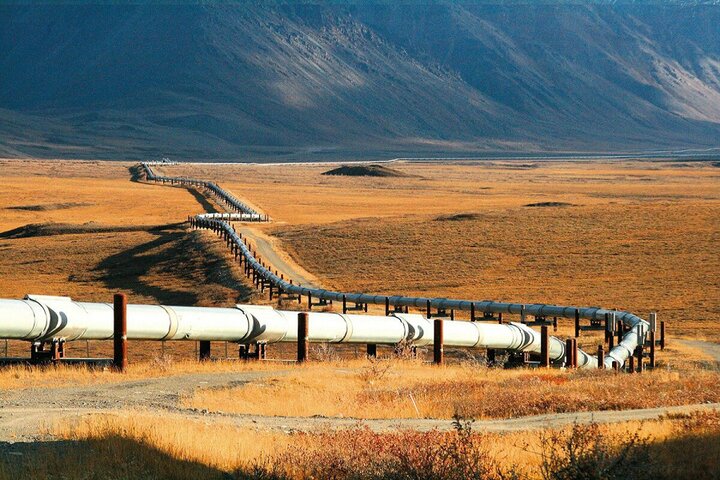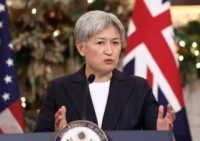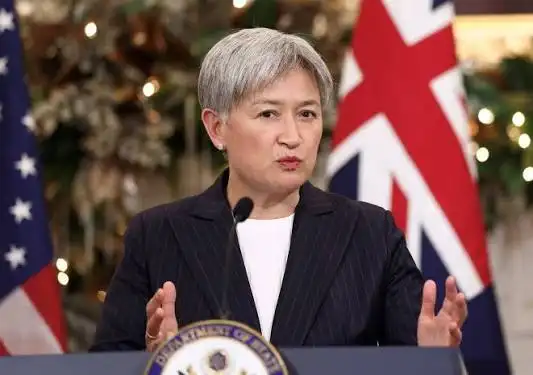Azerbaijan has initiated the export of 1.2 billion cubic meters of natural gas annually to Syria via Turkey, marking a significant milestone in regional energy cooperation. The gas is sourced from the Shah Deniz field in the Caspian Sea, operated by BP. This development was announced by SOCAR Vice President Elshad Nasirov during a ceremony in Kilis, Turkey, attended by officials from Azerbaijan, Turkey, Syria, and Qatar.
The project follows bilateral agreements signed earlier in 2025 between Azerbaijani President Ilham Aliyev and Syria’s transitional President Ahmad Al-Sharaa. Turkish Energy Minister Alparslan Bayraktar noted that daily gas deliveries could reach up to 6 million cubic meters, with an annual potential of 2 billion cubic meters in the initial phase. The gas will help restart Syrian power plants with a combined capacity of 1,200 megawatts, supporting energy needs in regions impacted by conflict.
Turkey, which has shifted its stance following the conclusion of Syria’s civil war, is now aligning with Syria’s transitional government and positioning itself as a key player in the country’s reconstruction. The gas will be transported through Turkish territory to Syria under a coordinated arrangement, with the initial deliveries expected to begin at around 3.4 million cubic meters per day, eventually targeting 6 million cubic meters daily.
The gas is intended to reactivate Syrian power plants with a combined 1,200 MW capacity, enabling an additional four hours of electricity per day in conflict-affected regions. Turkey positions itself as a key partner in Syrian reconstruction through this strategic energy initiative.
This initiative marks a significant shift in Turkey’s involvement in Syria, transitioning from a supporter of rebel forces during the 13-year civil war to a key ally of the newly established Syrian government following the ousting of Bashar al-Assad in December. Turkey is positioning itself as a major contributor to Syria’s reconstruction efforts.
The project is co-financed by Qatar, highlighting the Gulf state’s growing influence in post-conflict Syria. The gas will be used to generate electricity, with the initial phase expected to produce around 1,200 megawatts, meeting the electricity needs of approximately five million households.
The launch of this gas export route is seen as a significant step in regional energy cooperation and the expansion of Azerbaijan’s gas export strategy. It also underscores Turkey’s role as a regional energy hub and its commitment to supporting Syria’s reconstruction efforts.
The project is expected to contribute significantly to the restoration of Syria’s damaged electricity infrastructure, as well as to Turkey’s goal of becoming a regional energy hub.
The gas will be delivered to power plants in Aleppo and Homs via Turkey’s Kilis province and will be used for electricity generation. As a result, it is expected to achieve an electricity production capacity of 1,200-1,300 megawatts.












This deal could improve regional cooperation, but what about the impact on the environment and local communities? Lets discuss!
Wow, exporting gas to Syria through Turkey? Is this a step towards peace or just business as usual? What do you think?
Wow, exporting gas to Syria via Turkey? Interesting move geopolitically. Wonder how this will impact regional dynamics.
Why is Azerbaijan exporting gas to Syria when there are so many urgent needs within their own country? Priorities, people!